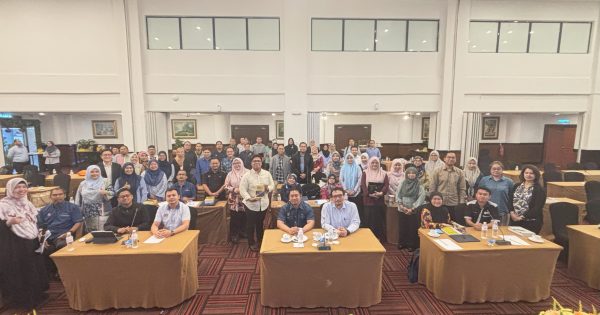
CASE UPDATE: KULDIPJEET SINGH A/L THARAM SINGH v. TESCO STORES (MALAYSIA) SDN BHD & MAHKAMAH PERUSAHAAN MALAYSIA [WA-25-403-12/2020] GROUNDS OF JUDGMENT DATED 9.6.2022
FACTS:
The Applicant was employed as Store General Manager and stationed in the 1st Respondent’s (“Company”) store in Shah Alam. Due to discovery of misconducts of the Applicant (i.e. non-compliance of the Company’s Safety Rules and Regulations on several occasions), the Company issued show cause letter followed with notice of inquiry to the Applicant. The Company found him guilty for the said misconducts and terminated the Applicant after the inquiry.
Industrial Court Proceedings
During the hearing, the Industrial Court invoked its power under section 29(d) and (g) of the Industrial Relation 1967, allowing the application by the Company to proceed the matter on ex-parte basis since the Applicant’s solicitors as well as the Applicant were absent with no proper reasons given. The decision was also made upon considering the following factors: –
- Efforts were made to obtain new trial dates in view of the absence of the Applicant and his solicitor. The Applicant’s solicitor, however, refused all the dates proposed without providing any reasons whatsoever;
- No medical certificate, either by the Applicant or his solicitor, was furnished up until that point;
- The matter had already been struck-off once before due to the Applicant’s absence but was eventually reinstated at his request; and
- The Applicant himself was also absent without providing any reasons whatsoever to explain his absence.
Having considered the evidence adduced before it in the forms of the Company’s witness’s testimony, documentary evidence and the Applicant’s pleadings, the Industrial Court concluded that the termination of Claimant was with just cause and excuse and the dismissal was not wrongful (“Award”).
High Court
Vide an application under Judicial Review, the Claimant sought to challenge the Award of the Industrial Court, alleging that it had committed gross violation of natural justice and the Award is “terribly flawed”.
Upon due consideration, the High Court held that the Industrial Court did not commit any error of law in handing down the Award notwithstanding the Applicant’s absence, taking into account that the Industrial Court had properly examined the merits of the case and had properly considered the evidence adduced before it. In passing, the High Court also held that as much as the right to be heard must be given to the Applicant in accordance with the principle of natural justice, the principle of finality in decision making process cannot be undermine by a lackadaisical or indifferent attitude of a litigant, which is aptly reflected by the Applicant in this case, especially when ample opportunity was accorded to the Applicant.
TAKEAWAY:
This case serves a stark reminder that any allegation of breach of natural justice in the context of industrial relation complaint which is based on unsupported grounds will not be readily entertained by the courts of law, especially when the complainant himself or herself is guilty for want of prosecution due to lackadaisical or indifferent attitude in taking charge of the case. An industrial relation case may still proceed to be heard on ex-parte basis due to absence of either party and be granted an award provided that the other party is able to show substantial merits of the case.


